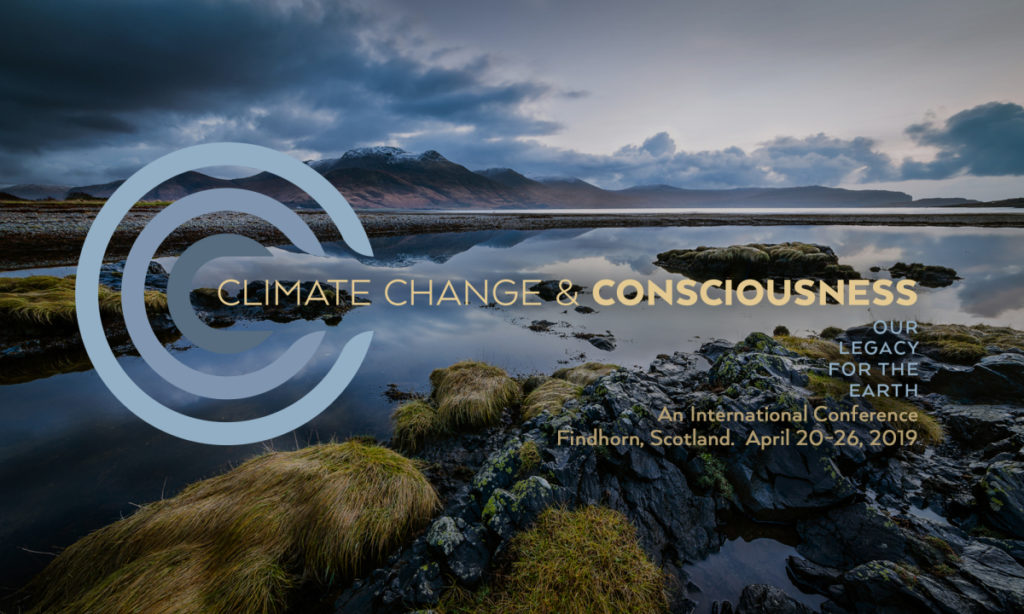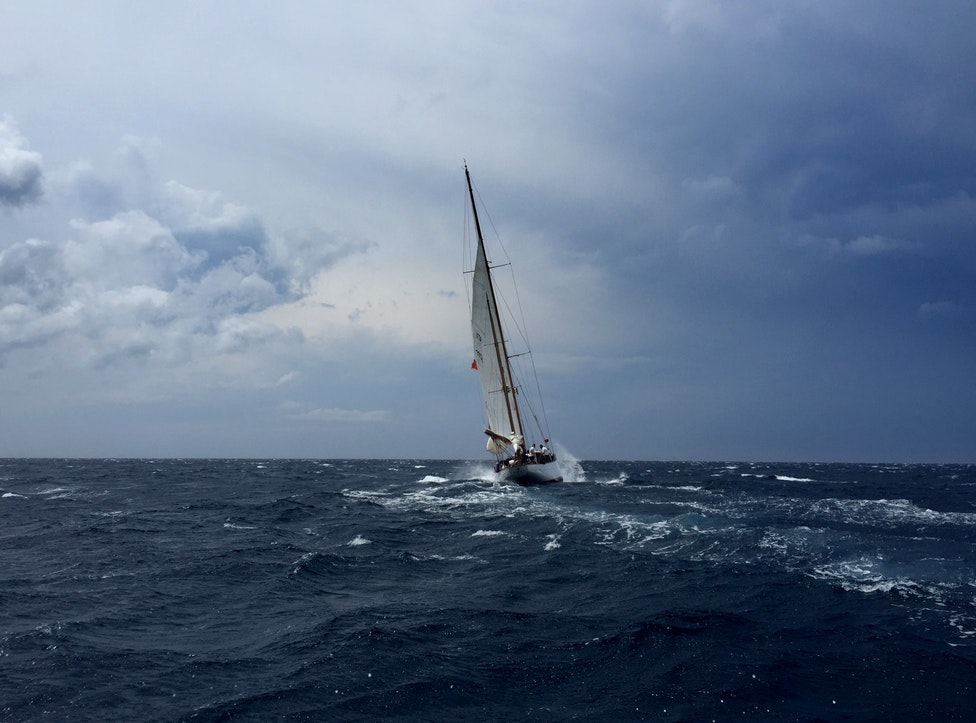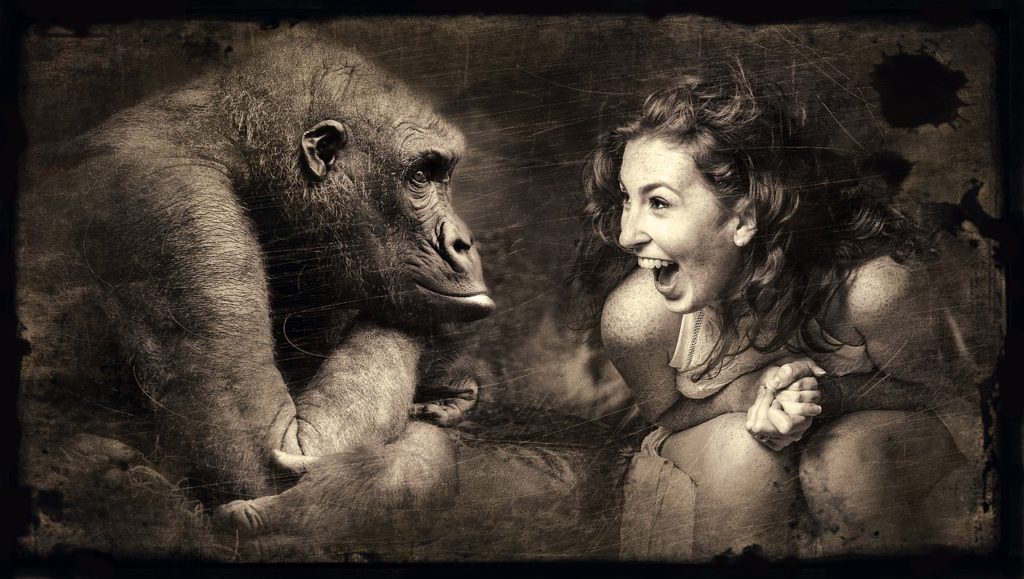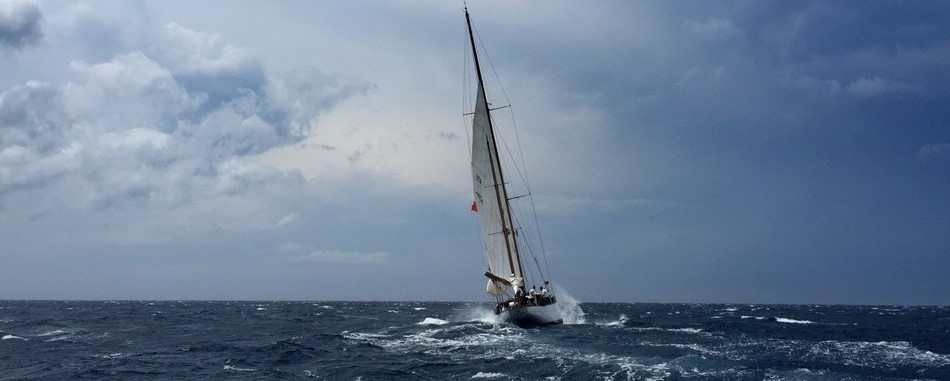April 2019, Findhorn Scotland. Three hundred and fifty people from over 40 different countries gathered for a conference called Climate Change and Consciousness. I had the privilege to participate in this gathering. Together we represented ten different sectors of social movements ranging from spirituality to governance, holistic healing to youth education.

What stood out for me is the theme of inner climate. There is a growing awareness that the disruption and crisis we experience in the outer climate is intimately connected with the social and political climates, which are the collective expression of our inner climate.
The inner climate consists of psychological patterns woven by thoughts, feelings, emotions, beliefs, instincts and unconscious impulses within each individual.
More and more people start to see that external actions, even with the most well-meaning intentions, can be derailed by hidden forces and unconscious motivations we are not aware of. When that happens, these actions will perpetuate the paradigms that have led us to the climate crisis in the first place to the extent they harm our own well-being. This inner climate is the new frontier of human exploration. It is calling adventurous voyagers to navigate its vast and unknown mystery. How do we take actions while making more conscious choices based on a mastery of our inner climate?
On the first day of the conference, I shared an insight about the connection between inner and outer climates from the perspective of Chinese language. In Chinese, climate translates as the patterns of Qi. Qi is the subtle energy universally expressed in all living systems, such as the human body, an ecosystem or a vibrant social system. When we relate to the planet as a living system, it is natural to feel the connections between the Qi of our own body, mind and psyche and the Qi of the mountain, river and ecosystems. It is natural to feel the connection with our fellow human beings. However, our mental constructs, beliefs and social practices have isolated our minds from our innate ability to feel intimately connected with the natural environment and other human beings. In this isolation, we no longer can feel the ecosystems as a part of our body. We no longer can feel our community as a larger body that connects us all. This disconnection leads us to commit violence to the ecosystem while dominating other people through military or economic force.
This isolation from our own self happens over many generations, especially in the developed world. Propelled with a powerful momentum, this separation spreads itself to a growing percentage of humanity. Reversing this momentum and regaining our birthright to feel intimately connected is not going to be easy. We will be confronted with elusions, tricksters, and destructive forces when venturing into the inner terrain. Yet it is a journey many of us are called to take.
On this journey there will be many obstacles. One of the obstacles is the mental habit that judges ourselves for “not taking any action”. When our awareness of the internal psyche is still crude, when there isn’t a shared language, much less, a conceptual framework to talk about or make sense of our experience, our effort in affecting the inner climate will look like nothing is happening. And that is extremely threatening to the ego shaped by social pressures to demonstrate quantifiable results and prove its worthiness. To run against this deeply ingrained social norm, we have to draw on inner resource to withstand the narrative that “I am an unproductive member of society.” This kind of narrative serves the function of keep us within a “safe zone” and ensures that we do not impulsively breach through the boundaries set up by old beliefs and patterns.

However, every time humans venture into a new frontier, it takes a few brave ones who dare to push through boundaries set by old beliefs. My grandmother is a peasant living in the deep mountains of western China. She has never learned to read. For her, taking action means working in the field, feeding animals or picking up firewood. My father is the first person who went to college within the whole county. When he was young, he had to fight against the resistance from his mother in order to do his schoolwork. To his mother, his interest in books looked totally unproductive. My father eventually had a career being an astronomer, calculating the physical properties of stars. When my grandmother visited my father at his work, she was shocked that he was paid so much more money just by sitting at a desk doing “nothing”. The physical properties of celestial bodies mean absolutely nothing to her.
We are facing a situation not that different. The force of evolution is constantly pushing us humans to venture into new realms. The kind of intellectual activities my father did have allowed humanity to push into realms such as outer space. The kind of social change needed to lead us into a viable future for humanity is pushing us to venture into the inner climate, the vast space of heart and soul. For many who have not developed a relationship with their inner realms, the effort expended to work in this realm will look from the outside like “doing nothing”.
Attuning to the complexity and power of our inner psyche is drawing on a set of human potentials that are currently marginalized and invalidated by the dominant culture. During the Climate Change and Consciousness conference, I observed that people who are sensitive to the inner climate tend to be women, people of color, minorities, young adults and people with introverted and quiet demeanors. Among the brilliant colleagues I work close with, two of them had battled against the diagnoses of “mental disorder”.
The part of themselves deemed as crazy or labeled as disease by modern medical practice carried the raw potentials that imparts the sensitivity and agency to navigate the inner climate.
It is through heroic efforts they fought through the standard medical system to find a way to embrace and express their talents.
The narrative of the dominant culture has a strong voice that invalidates this part of ourselves. And, we internalize this voice as a channel that perpetually streams the critical voice. I have been devoting myself to the work of inner climate in the last decade. The biggest challenge I encounter is the voice of inner judge that constantly criticizes me for “doing nothing”. The kind of muscle and neural pathways to work in the inner climate will take time to develop, in the same way an athletic ability takes years to master. We cannot yield to that inner critic, nor can we shut it off. Shutting it off simply pushes it further down into our unconscious. What we need is the oyster’s capability to hold space and turn the sand that grinds us internally into pearls.
The second obstacle I have observed in my experience of living in the western world is a type of cynicism brooded through the New Age movement. The New Age movement has introduced many practices and philosophies from the eastern or native cultures to develop insight and practices to affect our internal world. At the same time, I also encounter a strong current of cynicism and jadedness in people who once enthusiastically participated in the New Age. Their life’s work didn’t pan out the way they wanted. They feel betrayed and frustrated.
We need to realize that this journey of reuniting with that primal part of humanity and re-weaving intimate bonds with the ecosystem as a global community is much more than what several decades of New Age movement can accomplish. It will be a long journey taking several generations’ effort and the collaboration of diverse cultures on Earth. We have to relinquish the egoistic attachment to the outcome of our own life’s work. In doing so, we can actually choose to do the work that, in itself, brings us joy and fulfillment without visible outcome.
As we work with a sense of joy and fulfillment, we will attract life forces that are larger than ourselves to be our allies, amplifying our visions and empowering our actions. Then, whatever we do will be most effective and most rewarding.

The third obstacle is how to stay in relationship with the outer actions we take. Working in the inner climate does not mean that we stop doing external actions. On the contrary, the outer actions we take are crucial in helping us to calibrate the work we do internally. To hold the outer actions in this framework requires a drastic shift of our attitude and mindset. Details on this will be explored further in the next blog post.


Well written and perceptive. I am very glad to be joining the Inner Climate Lab. I express the transformation in consciousness, we need to experience in the Soil and Soul Alchemy project we are initiating in Iran. We are seeking the same field of transformation, in different languages and metaphors.
What a brilliant and clear articulation of this central challenge and opportunity, Spring! I look forward to reading the next piece on the relationship between inner and outer work, and to learning more about how you will be using these insights with groups going forward.
I love the term “inner climate.” I suspect I would really love your grandmother 🙂
How wonderfully encapsulated! Thanks for sharing your thoughts and including us in this journey 😊🌸
These reflections are profoundly insightful and soooo refreshing. Thank you, Spring!